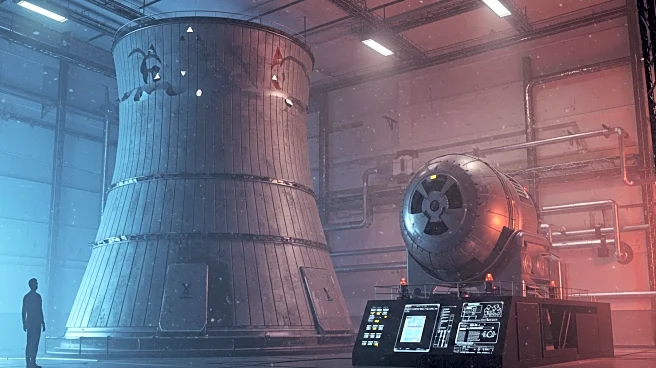What is the story about?
What's Happening?
Iranian Foreign Minister Abbas Araqchi has stated that Iran cannot completely halt cooperation with the International Atomic Energy Agency (IAEA), despite a new law requiring high-level approval for inspections. This statement comes after the U.S. and Israeli strikes on Iran's nuclear facilities, which have disrupted IAEA inspections. The law passed by Iran's parliament suspends cooperation with the IAEA, demanding that future inspections receive approval from Tehran's Supreme National Security Council. Despite these restrictions, Araqchi emphasized the necessity of continued cooperation with the IAEA.
Why It's Important?
Iran's decision to maintain some level of cooperation with the IAEA is crucial for international nuclear oversight and non-proliferation efforts. This move may help mitigate tensions with the international community, particularly with countries concerned about Iran's nuclear ambitions. Continued dialogue with the IAEA could facilitate transparency and prevent further escalation of conflicts related to Iran's nuclear program. However, the requirement for high-level approval for inspections could complicate the IAEA's ability to monitor Iran's nuclear activities effectively.
What's Next?
Iran is expected to continue negotiations with the IAEA, with another round of talks anticipated in the coming days. The outcome of these discussions will be pivotal in determining the extent of Iran's cooperation with international nuclear oversight. The international community will closely monitor these developments, as they could influence future diplomatic and economic relations with Iran.















